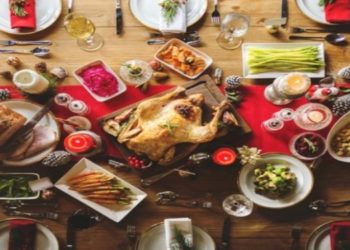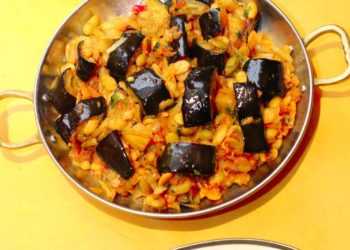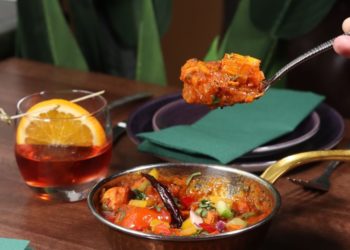The daily dinner slog—everyone knows it. Monotony sneaks into kitchens with alarming ease, draining energy from the room. Yet, a world of techniques remains just waiting behind the familiar fry-up. Why stick only to one style? The British palate, once built on tradition, now has an endless array of options at its fingertips: steaming pots of soup, crackling roasts, and slow-simmered stews. Some call it experimentation; others might say it’s survival in disguise. What does it take to break free from a habit? That is where things get rather interesting—and absolutely worth the effort.
Soup: Simplicity With Depth
No kitchen intimidates quite like the art of making soup. It’s magic in a pot—obscenely simple yet endlessly nuanced. A little onion here, a carrot or two thrown in, and suddenly bland water isn’t so bland anymore. Timing matters; let flavours mingle too long and everything collapses into mush. Rush them, and depth never emerges. Curiosity strikes: why do some home cooks invest wildly in equipment upgrades? Because an AGA cooker price doesn’t just measure metal and heat—it promises control over every simmer and bubble. Nothing bland survives this treatment; even leftovers walk out transformed.
Roasting: The Heart Of Home Cooking
Roasting brings drama front and centre—meat sizzling, potatoes crisping at the edges, vegetables caramelising until their sweetness knocks you back a step. It’s less about precision scales or elaborate sauces than about attention and timing, that sixth sense for when brown becomes burnt. Open the oven mid-roast: aromas flood the house instantly—a subtle hint announcing dinner hours ahead. Disasters can happen quickly (and they often do). Still, no other method inspires such loyalty among purists who believe perfection dwells within golden skins and juices running clear underneath.
Steaming And Poaching: Gentle Giants
Forget boiling as most remember it—a bubbling disaster that leaves food limp and lifeless. Steaming lets ingredients shine undisturbed; poaching handles eggs and fish with gentle care rather than brute force. Here’s where fresh herbs matter most—subtle infusions lending complexity without overwhelming delicate textures or flavours hiding beneath the surface. For those mindful of nutrition but unwilling to eat like monks, gentler cooking delivers satisfaction without sacrificing taste or style—not everything must be grilled or drowned in oil.
Slow-Cooking: Patience Rewarded
Not everyone can clockwatch for hours on end—but those who do are rewarded handsomely by the alchemy of slow cooking. Tough cuts soften into melting bites; beans lose their stubbornness after an afternoon nap under a low lid. What begins as chaos inside a casserole turns harmonious just before supper—no shortcuts allowed here (the microwave crowd won’t last long). Time morphs ordinary meals into something extraordinary while freeing up hands for other tasks—not all heroes wear aprons during daylight hours.
Conclusion
Breaking away from routine doesn’t require fancy gadgets or professional-grade expertise—it demands curiosity above all else and a willingness to let each ingredient speak for itself using different techniques. When simmering one night leads naturally to roasting the next afternoon—or when slow-cooked comfort trumps yet another rushed stir-fry—that’s when real progress happens in any kitchen worth its salt. Taste buds notice these things immediately; so too does anyone lucky enough to join at table regularly.
David Prior
David Prior is the editor of Today News, responsible for the overall editorial strategy. He is an NCTJ-qualified journalist with over 20 years’ experience, and is also editor of the award-winning hyperlocal news title Altrincham Today. His LinkedIn profile is here.












































































